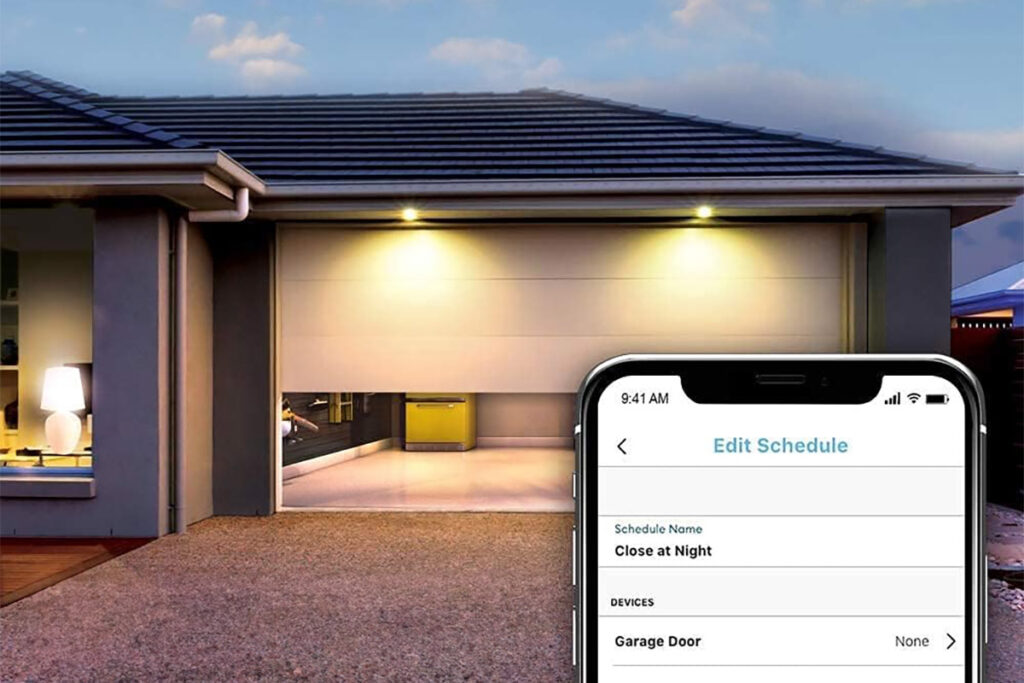w
Owning a car is fantastic and adventurous. Cars experience tons of changes throughout their life cycle.
Therefore, to avoid frustrations that come during such times, you have to learn some car basics. There are problems that you can fix by yourself and those that require a professional.
For instance, your car roof lining gets old with time. The first sign to tell this is by a sagging roof.
You can fix this problem in minutes if you have the right knowledge. This article has everything you need to know about car roof lining. It also has a Do It Yourself guideline on how to fix car roof lining without removing.
What is a Car Roof Lining?
A car roof lining is also known as a headliner or headlining. It is a fabric material that is on the inside roof of automobiles.
Its primary purpose is to:
- Enhance the car’s interior aesthetics by giving it a smooth texture
- Absorb excess noise from outside
- Regulates the internal temperatures by buffering heat and cold from outside
As a result, car roof linings have multiple layers of composite materials.
Also, manufacturers observe head impact counter-measures when making roof linings. Others integrate LED lighting technology behind the fabric.
For uniform appearance and soft touch, most roof linings have napping of tricot knit fabric.
Manufacturers then stick this fabric to melted polyurethane foam. Eventually, they glue this fabric-foam to the inner fibreglass roof of the car.
Presently, there is an invention of environmentally friendly roof linings. They consist of recyclable face fabrics and adhesive backing.
Reason for a car headliner repair to be needed
Over time, the car lining gets loose and detaches itself from its backing board. We call this process sagging.
When a car’s roof lining fails, it either sags or falls from the board in severe cases.
The sagging may be due to:
- Extreme heat
- Extreme humidity
- Poor maintenance
- Old age
Sunroof tops are dangerous for your car. They can leak moisture inside the car’s roof. Doing so accelerates the sagging of the lining despite the age of the vehicle.
How to Repair Car Headliner
The majority of car owners put a lot of effort into the external maintenance of their vehicles. They are unconscious that the interior of a car also suffers gradual wear and tear.
Realizing too late that your car’s interior roofing needs attention can be a painful ordeal. As such, you need to examine the condition of the roof lining frequently. If you notice any sagging, it is recommendable to fix it immediately.
There are two ways through which you can fix a sagging roof. You can either replace it with a new one or just fix the lining without removing it.
Replacing a roof lining can be financially draining. It is even worse if your car is already old. You may end up paying an amount that is equal to the value of that car.
Also, fixing the sagging by a professional is a bit expensive. You can do it yourself in incredibly less time using the following tips:
1. Using Clear-headed Twist Pins
These pins are appropriate for fixing large areas of a roof lining. They are also known as saggy stoppers. Check the price on Amazon here.
They are incredibly affordable and readily available in the market. You can use twist pins to fix a roof lining that is just about to fall off.
The most fantastic thing about these pins is that they don't leave holes on your board. As such, it is preferable to other methods.
2. By Use of Glue
The simplest way to reattach car roof lining back to its place is by gluing. It works best if the fabric is sagging partially in the edges.
For the lining to evenly adhere back, it is recommendable to use a spray-on glue. Ensure that the glue you use is purposely for attaching car upholstery fabric.
Ordinary glue is not effective and cannot withstand adverse weather conditions.
Spray the glue on the entire upper side of the fabric. Also, spray some on the foam, which is under the lining.
Join the fabric to the foam and press firmly with your hands, removing any creases.
3. Using a Steam Cleaner and Paint Roller
A sagging car roof lining is as a result of glue's impotence. A steam cleaner helps in melting the glue, and it can stick back.
A steam cleaner goes hand in hand with a paint roller combo. The roller helps to spread the lining firmly to the board without leaving creases.
This method is most effective on sagging fabric at the edges and corners. However, if the glue is old and has been dry for long, this method may not work.
4. Using Sequin Pins

Pins are also efficient in fixing car roof lining without removing. When the fabric is sagging from the center, sequin pins are the most appropriate instead of glue.
They don’t require much money or time. Even if half of the roof lining is coming off, these pins can effectively push it back. However, they are not recommendable to use for large areas.
After straightening the fabric, push the pins through to the foam backing. You can arrange the pins in an appealing pattern as you wish.
5. Using a Double-sided Tape
You can buy this double-sided tape from any auto shop in your vicinity. It works by sticking it to the roof’s frame and the lining.
This tape is very adhesive in that it can hold the lining in place for months. It is preferable for severe damages on the sides and edges.
This method is, however, not recommendable. You can only use it as a temporary fix before utilizing a more excellent approach.
Simple Tips to Protect Your Car from Extreme Heat
Extreme heat is the leading cause of lining sagging in a vehicle. It melts the glue, making the fabric loose and thus detaching itself from the backing board.
As such, you need to take proper precautions. Otherwise, the heat will wreak havoc on your car’s interior and exterior finish.
Here are simple and affordable tips you can use:
1. Always park your car in the shade
Doing so protects your vehicle from direct sunlight. As a result, the exterior and interior does not dry or crack.
2. Always use a windshield sun protector
It helps in keeping the inside of your car cool and prevents sun damage.
3. Wax your car frequently
Waxing adds an extra layer to your car, thus protecting it from ultraviolet rays. Waxing varies from one car to another, but it is recommendable to do it often.
4. Install seat covers
They are an incredible way to protect the leather and fabric seats. Also, these covers help keep the car seats fresh.
5. Wash and dry your exterior and interior often
Sun and heat can gradually fade and crack your car’s paint. Frequently wash and hand dry to remove dirt and dust particles. Doing so protects the finish of your vehicle.
Keeping the car’s interior clean should also be paramount. It helps prevent some particles from melting.
Conclusion
In conclusion, a car roof lining is an essential component of your vehicle. It enhances the car’s interior design, curbs outside noise, and regulates internal temperatures.
Therefore, you should give it ample attention and care, just like the body and wheels. Nonetheless, failing and sagging of the roof lining is inevitable.
It mainly happens due to natural wear and tear. Also, driving for too long in adverse weather conditions, heat or cold, is another major contributor.
Therefore, it is recommendable to protect your car as much as possible. However, if the inevitable sagging occurs, be quick to fix it.
Sagging often starts from the edges to the center. Fixing small issues is quick and requires fewer resources.
If you wait too long to fix a sagging lining, it may call for a replacement. Therefore, don’t risk your money on preventable issues.











